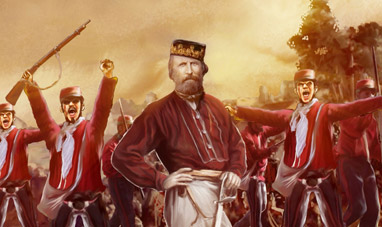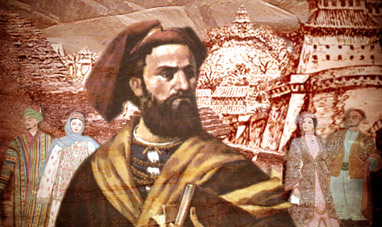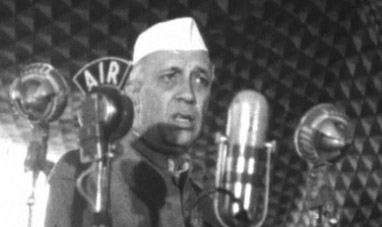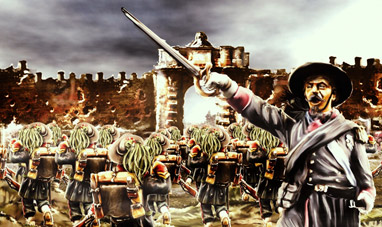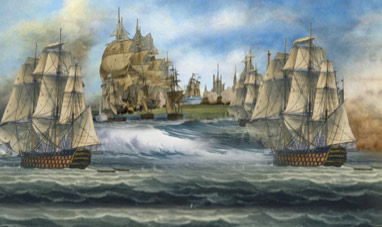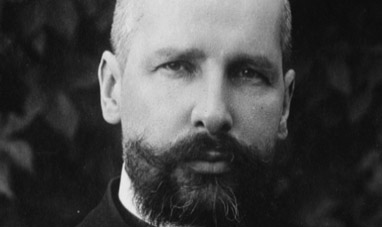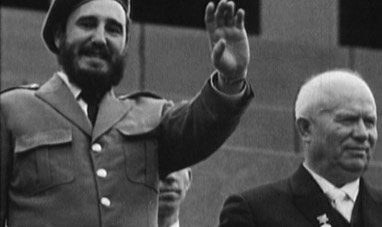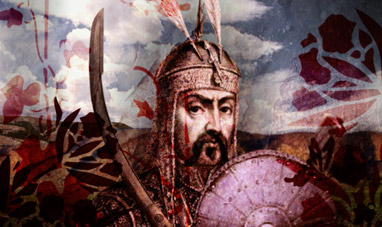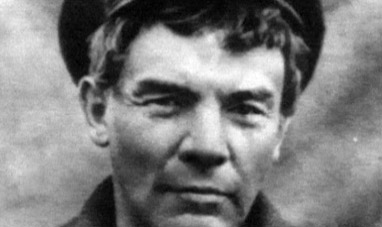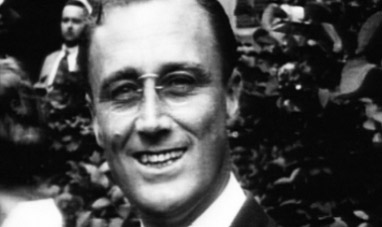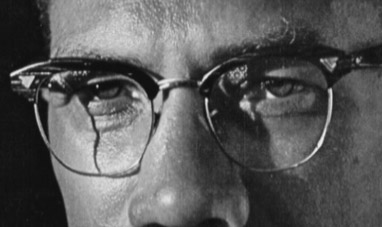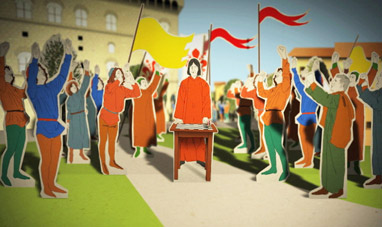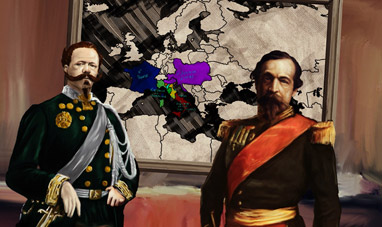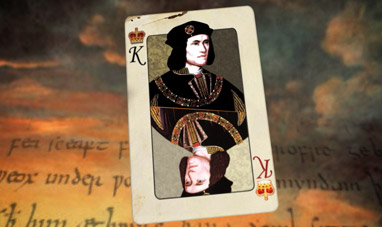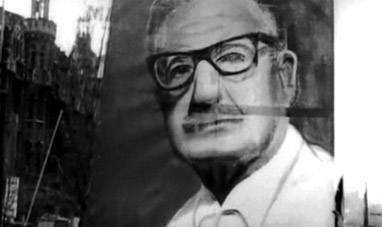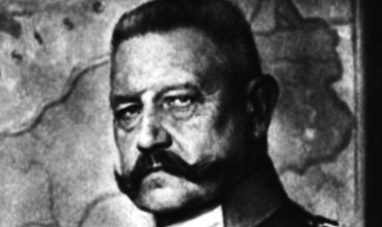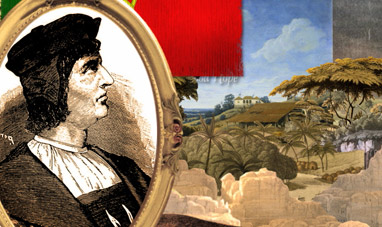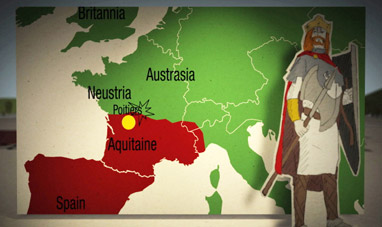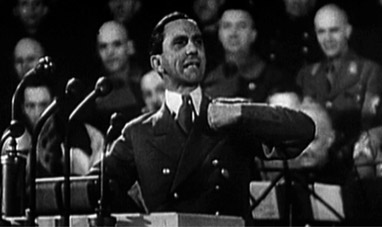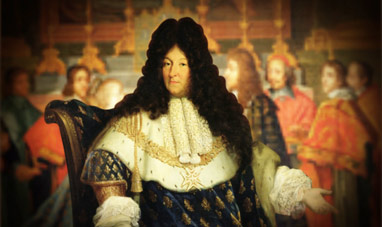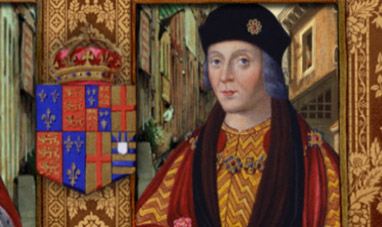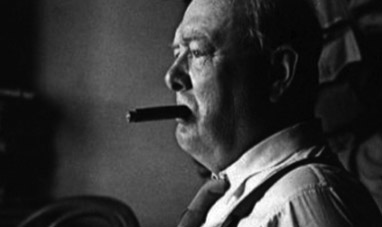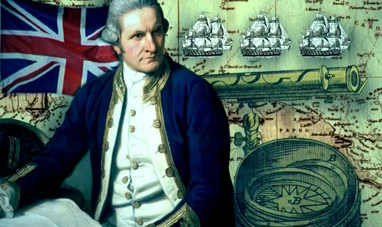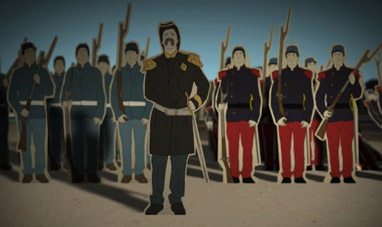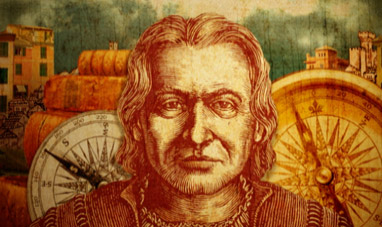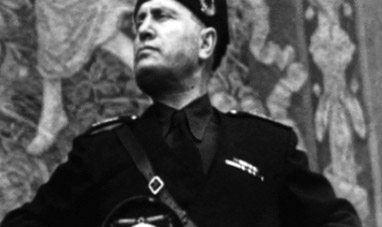Italian Statesman Camillo Benso, Count of Cavour, was one of the key figures of the Italian Risorgimento, the historical process that led to the unification of Italy. Cavour was born in Turin, Italy, on August 10, 1810. Following a career in the military, he left the army in 1831 and spent four years [1831-1835] traveling throughout the more industrialized European countries. The experience opened his eyes to Italy’s backwardness, where territories were still divided into small states, dominated by Austria in Lombardy and Veneto, and by the Bourbons in the South. Upon his return to Piedmont, then ruled by King Victor Emanuel II, Cavour began writing political essays in Il Risorgimento, the newspaper he himself founded in 1847. The following year Cavour was elected to the Piedmont Parliament, and in 1850 he became the northern Italian kingdom’s Minister of Agriculture and Commerce. He would later become Minister of the Navy and of Finances.
1852 was a pivotal year: Cavour united the progressive right and moderate left into a single, centrally-positioned political movement. Cavour became Prime Minister. Cavour pursued a liberal policy, developing the Piedmont railway system, reforming the army, modernizing the agricultural system and transforming Piedmont into a non-religious state. After the failure of the First War of Independence [1848-1849], Cavour realized that Piedmont alone could do little to unify Italy: in 1855 he signed an alliance with France and England, sending troops to fight Russia in the Crimean War. At the 1856 Congress of Paris he brought the Italian situation to the attention of the European powers for the first time. On July 21, 1858, he signed the secret treaty of Plombières with Napoleon III. With it, France promised to help Cavour in the event of an Austrian attack. Cavour provoked Austria in the hope of freeing the Lombardy and Veneto regions. On April 29, 1859, Austria attacked, marking the beginning of the Second Italian War of Independence.
Napoleon III failed to keep his word, and Piedmont only obtained Lombardy from Austria. Deeply disappointed, Cavour resigned, only to return to office a few months later. On May 5, 1860, a group of roughly one thousand Italian patriots led by Giuseppe Garibaldi marched from Quarto to free Southern Italy. Conservative Cavour feared that Garibaldi would create an independent republic in the South, and persuaded Victor Emanuel II to stop his triumphant march northwards. Garibaldi turned southern Italy over to the King. On February 18, 1861, the first Italian Parliament convened in Turin. On March 17 the Kingdom of Italy was born. Cavour became its Prime Minister. On June 6, 1861, three months after the birth of the Kingdom, Cavour passed away. He is remembered as a great statesman, appreciated for his ability to mediate between the right, the left, the monarchy and patriotic insurgents, as well as for his skillful foreign policy.
1852 was a pivotal year: Cavour united the progressive right and moderate left into a single, centrally-positioned political movement. Cavour became Prime Minister. Cavour pursued a liberal policy, developing the Piedmont railway system, reforming the army, modernizing the agricultural system and transforming Piedmont into a non-religious state. After the failure of the First War of Independence [1848-1849], Cavour realized that Piedmont alone could do little to unify Italy: in 1855 he signed an alliance with France and England, sending troops to fight Russia in the Crimean War. At the 1856 Congress of Paris he brought the Italian situation to the attention of the European powers for the first time. On July 21, 1858, he signed the secret treaty of Plombières with Napoleon III. With it, France promised to help Cavour in the event of an Austrian attack. Cavour provoked Austria in the hope of freeing the Lombardy and Veneto regions. On April 29, 1859, Austria attacked, marking the beginning of the Second Italian War of Independence.
Napoleon III failed to keep his word, and Piedmont only obtained Lombardy from Austria. Deeply disappointed, Cavour resigned, only to return to office a few months later. On May 5, 1860, a group of roughly one thousand Italian patriots led by Giuseppe Garibaldi marched from Quarto to free Southern Italy. Conservative Cavour feared that Garibaldi would create an independent republic in the South, and persuaded Victor Emanuel II to stop his triumphant march northwards. Garibaldi turned southern Italy over to the King. On February 18, 1861, the first Italian Parliament convened in Turin. On March 17 the Kingdom of Italy was born. Cavour became its Prime Minister. On June 6, 1861, three months after the birth of the Kingdom, Cavour passed away. He is remembered as a great statesman, appreciated for his ability to mediate between the right, the left, the monarchy and patriotic insurgents, as well as for his skillful foreign policy.



